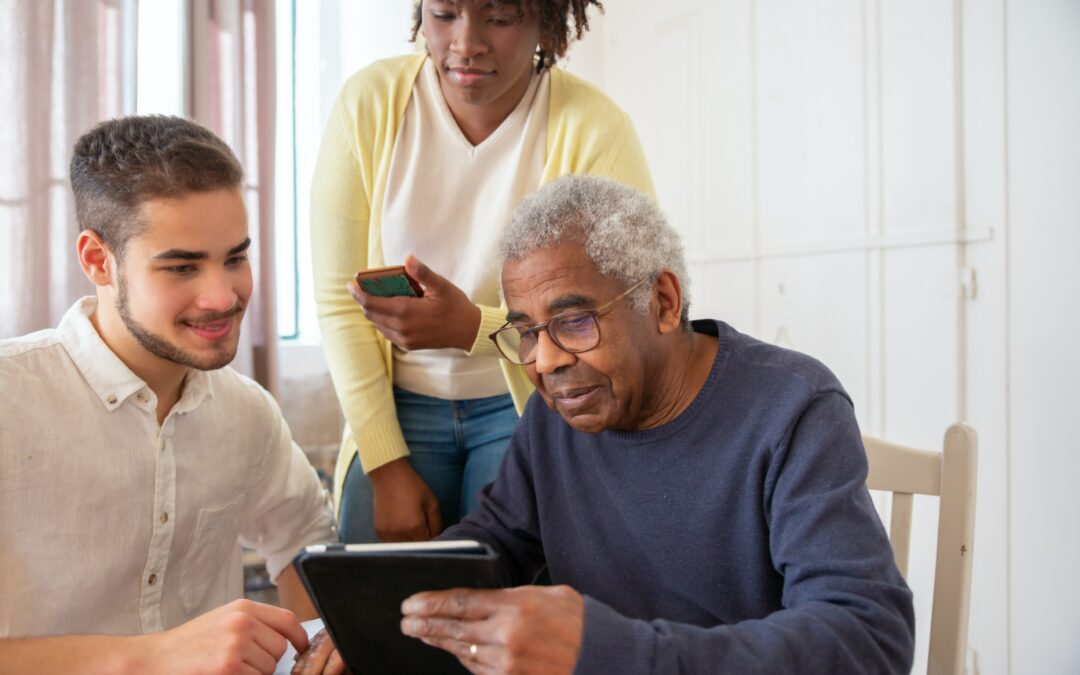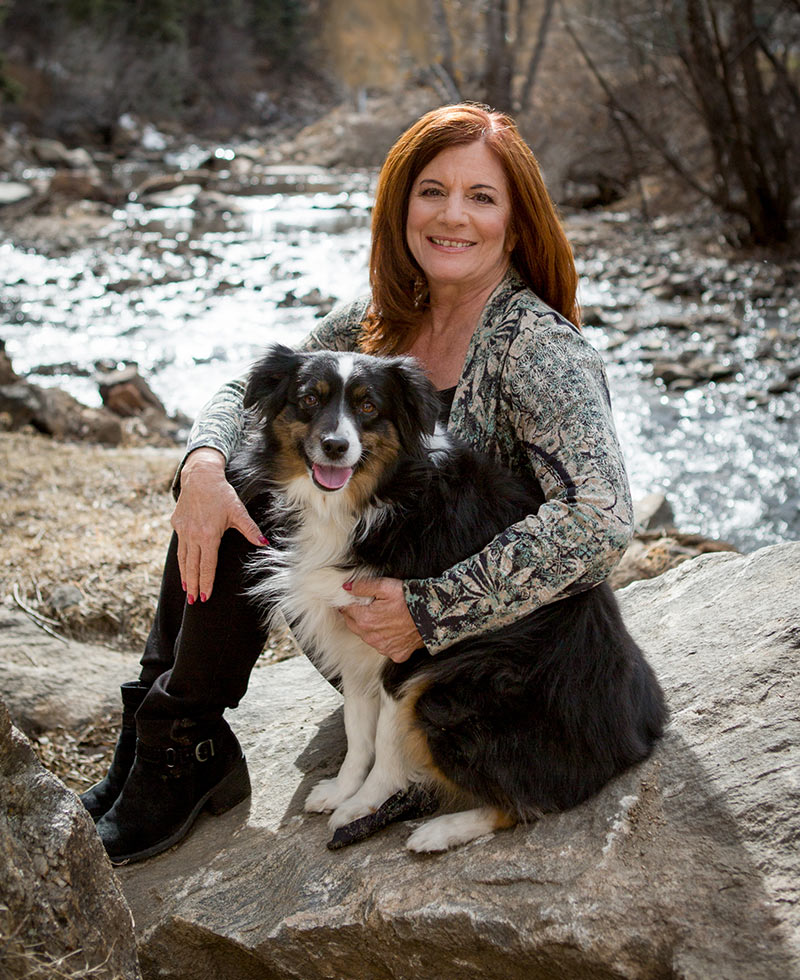Intergenerational relationships, or connections between people of different age groups, have been shown to have numerous benefits for both individuals and society as a whole. Research has found that these relationships can lead to increased social support, improved mental and physical health, and enhanced intergroup understanding and empathy. In this blog post, we will explore some of the key benefits of intergenerational relationships and provide tips on how to build meaningful connections with people of all ages.
One of the most significant benefits of intergenerational relationships is increased social support. According to a study by the Stanford Center on Longevity, older adults who had regular contact with younger generations reported higher levels of social support and less loneliness. This is particularly important for older adults who may be at risk of social isolation, which has been linked to negative health outcomes such as depression and cognitive decline.
Intergenerational relationships can also have a positive impact on mental and physical health. A study published in the Journal of Intergenerational Relationships found that older adults who had close relationships with younger people had better self-reported health and were less likely to experience functional limitations. In addition, intergenerational relationships have been found to have a positive impact on the mental health of both older and younger individuals. A study by the University of Exeter found that children who had close relationships with their grandparents had fewer emotional and behavioral problems, while a study by the American Psychological Association found that older adults who mentored younger people reported higher levels of life satisfaction and lower levels of depression.
Intergenerational relationships can also foster intergroup understanding and empathy. When people of different age groups come together, they are often able to learn from each other’s experiences and perspectives, which can lead to increased empathy and understanding. This is particularly important in a society that is becoming increasingly diverse, as intergenerational relationships can help bridge the gaps between different cultural and generational groups.
Examples of organizations that foster this are CoGenerate a national organization with many programs to work with multi-generations. In Colorado, there is an organization called A Little Help.
So, how can you build meaningful intergenerational relationships?
Here are some tips:
- Seek out opportunities to connect with people of different age groups. This could include volunteering with organizations that serve people of all ages, attending community events that are open to people of all ages, or joining intergenerational groups or clubs.
- Be open-minded and curious. When you meet people of different age groups, be willing to learn from their experiences and perspectives. Ask questions and listen carefully to their answers, even if they differ from your own.
- Share your own experiences and perspectives. Don’t be afraid to share your own stories and insights with people of different age groups. This can help foster mutual understanding and empathy.
- Look for common ground. While people of different age groups may have different life experiences and perspectives, there are often commonalities that can bring them together. Look for shared interests or experiences that you can bond over.
- Be patient and persistent. Building meaningful intergenerational relationships takes time and effort. Don’t give up if your first attempts to connect with people of different age groups don’t go as planned. Keep trying and be open to new opportunities as they arise.
Intergenerational relationships have numerous benefits for both individuals and society as a whole. By building meaningful connections with people of all ages, we can increase social support, improve mental and physical health, and foster intergroup understanding and empathy. By following the tips outlined above, we can all work to build a more interconnected and supportive society that values people of all ages.


